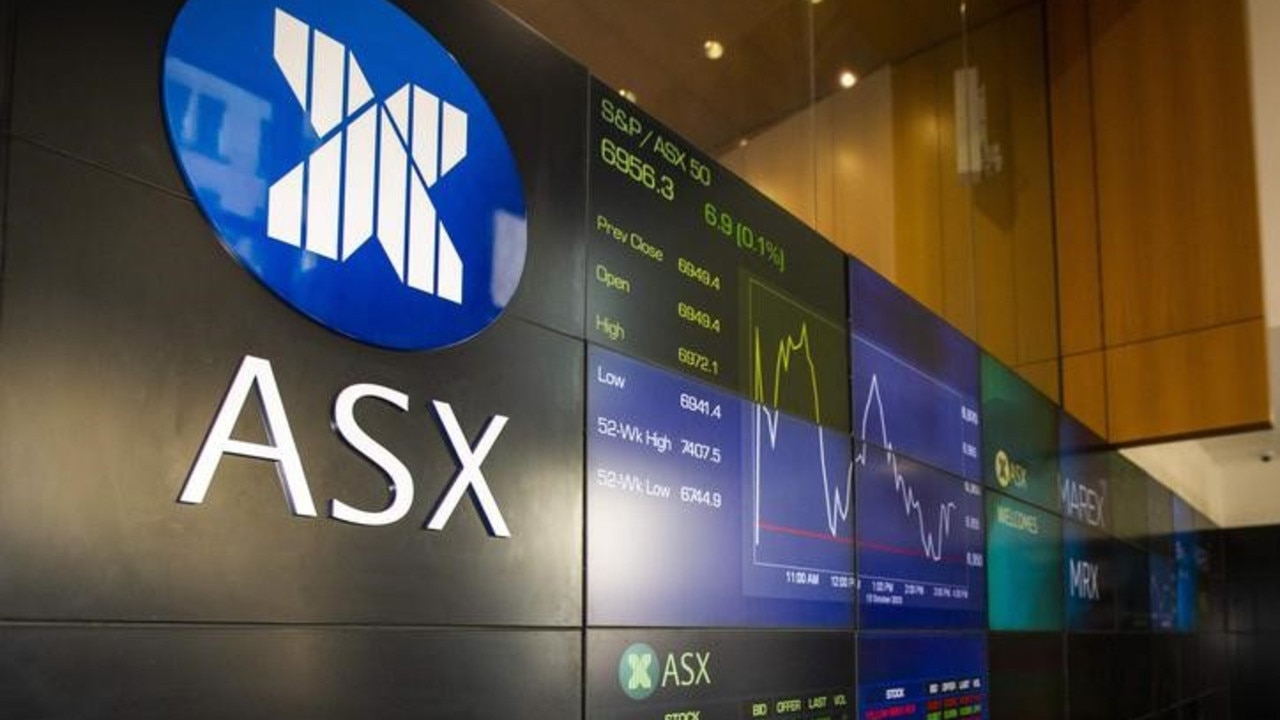Polls too close to call for referendum that could be the undoing of David Cameron
IT’S the vote that could break up Europe and plunge a country back into recession. Here’s David Cameron’s ultimate regret.

IT’S the vote that could break up one of the world’s most powerful institutions and plunge a country into recession, with hundreds of jobs lost and billions wiped from markets.
But it was never meant to be this way.
On Thursday, UK voters will head to the polls for a once in a lifetime “in or out” referendum on the future of the UK in Europe.
The result could change the global balance of power and upset financial stability in the short term at least, experts agree.
It could also put UK Prime Minister David Cameron out of a job as reward for promising the vote in the first place and leave him with the legacy of being the man who led the UK out of Europe.
Despite Mr Cameron’s insistence the vote is not a judgment on his leadership, Queen Mary University’s UK politics expert professor Tim Bale said “if we leave, all bets are off”.
“Cameron is likely to resign ... I don’t think he will resign effective immediately but I think he will probably have to resign or declare his intention to resign and stay in the post while there’s a leadership contest,” he said.
“I think it’s a case of jumping before he’s pushed to be honest.”
THE PROMISE CAMERON MUST REGRET
To be potentially forced out over one of your own ideas is an extraordinary position, but that could be the reality for the leader who promised the vote back in 2013 as a way of appeasing Eurosceptic MPs in his own party.
While Conservatives have always been divided on Europe, Prof Bale said the surge in support for the UK Independence Party (UKIP) in recent years fuelled by anti-immigrant sentiment left many feeling something had to be done.
In his 2013 election manifesto, Mr Cameron told voters he would renegotiate the terms of Britain’s relationship with Europe and then let them decide whether they wanted to stay or not.
“When we have negotiated that new settlement, we will give the British people a referendum with a very simple in or out choice to stay in the European Union on these new terms or to come out altogether,” he said in the now infamous speech.
“It is time for the British people to have their say. It is time for us to settle the question about Britain and Europe.”
Those words could come back to haunt him by the end of this week if the UK does vote to leave in what has become a closer content than anyone predicted. Polls show the two camps virtually neck in neck with around 10 per cent of voters still undecided.
The vote follows Mr Cameron’s trip to Brussels in February to negotiate changes to Britain’s membership of the EU including concessions on welfare, the euro, regulation and an exemption for the UK on “ever-closer union”.
However the deal has largely gone unnoticed in a political atmosphere dominated by Europe’s refugee and migrant crisis and ambitious colleagues sharpening their knives within his own party.
‘BLONDE AMBITION’
Europe aside, the real problem for Mr Cameron came when former London mayor Boris Johnson decided he would join Vote Leave along with a band of ministers who split from their party leader.
The popular and gaffe-prone Johnson joined justice minister Michael Gove and UKIP leader Nigel Farage in the leave camp after much agonising debate, he claimed. Cynics said it was an irresistible proving ground for Johnson to build his national profile ahead of a leadership bid once Mr Cameron leaves office. He has already stated he would not seek a third term.
Prof Bale said the decision for Mr Johnson was surely a “no brainer”.
“He realised that probably it’s a win-win situation for him. Either we Brexit and he’s had a very good chance of taking over from David Cameron straight away or it’s a very narrow remain win in which case he has showed himself to be an effective campaigner and someone the public responds to and therefore is in a very good place to take over when Cameron eventually steps down.”
THE FINAL COUNTDOWN
Polls show the result is too close to call. While Leave has had the momentum in recent weeks, a Sunday Times poll put Remain in front following the tragic death of Labour MP Jo Cox who was allegedly killed by right-wing extremist Thomas Mair.
Prof Bale said the shocking death could be the kind of “black swan” event that makes voters opt for a sense of unity. Otherwise, he said Remain was still “in with a chance” because market fluctuations were increasingly personalising economic risks for people.
“People can remember what 2008 was like and they don’t want to go back there … but having said that immigration is a powerful issue.”
On Monday 10 Nobel prize winning economists came out in support of Remain. Meanwhile Foreign Secretary Phillip Hammond warned on Monday a decision to leave would be “irreversible”.
“Britain could never rejoin the EU at a later date except on terms that would be unacceptable — membership of the euro, membership of (the) Schengen (passport-free zone) and so on,” he said.
Australian Foreign Minister Julie Bishop also spoke in favour of Remain on Monday.
Mr Farage insisted the Leave campaign still had “momentum” in the choice.
“I think we have momentum,” he said on Monday, adding that Ms Cox’s death had changed the tone of the campaign.
“We did have momentum until this terrible tragedy. It has had an impact on the whole campaign for everybody.”




